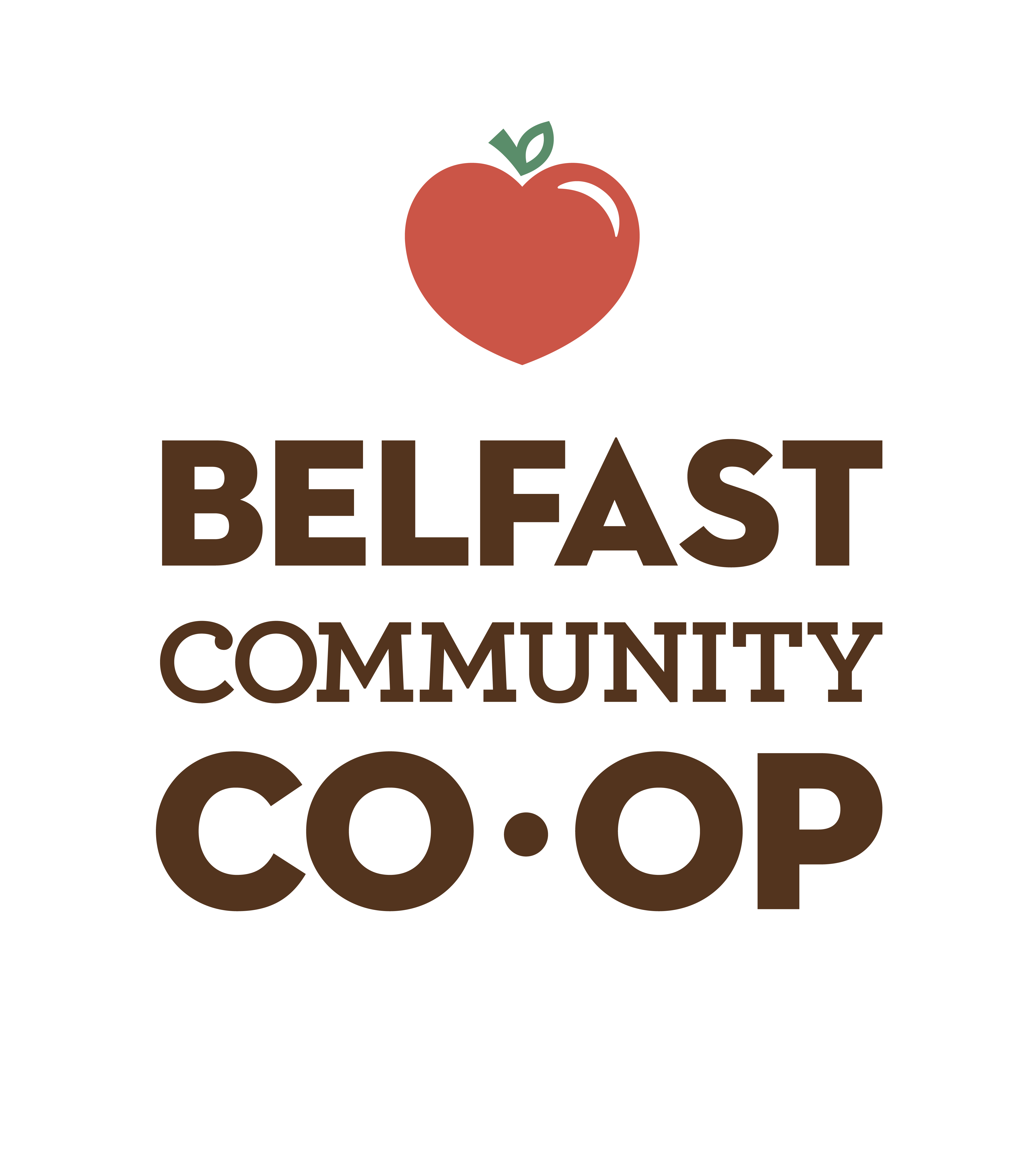The Belfast Co-op’s Common Cents group for June is Wabanaki Youth in Science (WaYS)! Every shopper may ‘round-up’ their purchases at the Co-op to donate to our monthly recipient. 100% of all donations received through Common Cents go on to each month’s group.

What is WaYS?
Wabanaki Youth in Science (WaYS) is a grassroots, community-based educational model that started in 2013 with initial financial support from the National Science Foundation’s Experimental Program to Stimulate Competitive Research (NSF EPSCoR). The last eight years have seen consistent growth in the involvement of Maine Native youth to persist in science through collaborations with Cultural Knowledge Sharer (CKS) and western science professionals at camps, after-school programs, and internships. Over that time, with the dedicated support from the Wabanaki communities and multiple grants to support WaYS, the program has seen a dramatic increase in the number of students working on long-term natural resource programs within their individual communities. The program has opened doors to potential careers in natural resources and taught the value that cultural science brings to the western science perspectives.
The hands-on learning is accomplished through a multi-prong approach with one week-long earth camp during the summer, three-weekend mini-camps in spring, fall, and winter: after-school programs, internships, and a summer trail crew that works on Acadia and Katahdin Woods and Waters trails. All of these programs incorporate our preferred means of learning by being hands-on, place-based that integrates Cultural Knowledge Sharer and western resource professionals in an outdoor learning environment.
The Wabanaki and the Penobscot Nation specifically seek to recruit the next generation of scientists to fill natural resource professional roles and replace those who will retire. According to John Banks, director of the Department of Natural Resources of the Penobscot Nation, “There’s a concern that younger Tribal members won’t be ready to fill jobs when some older members retire. Today, you really need to get a college education in science to best manage our natural resources”. The tribes also hope to connect the next generation to their cultural heritage and environmental legacy.

